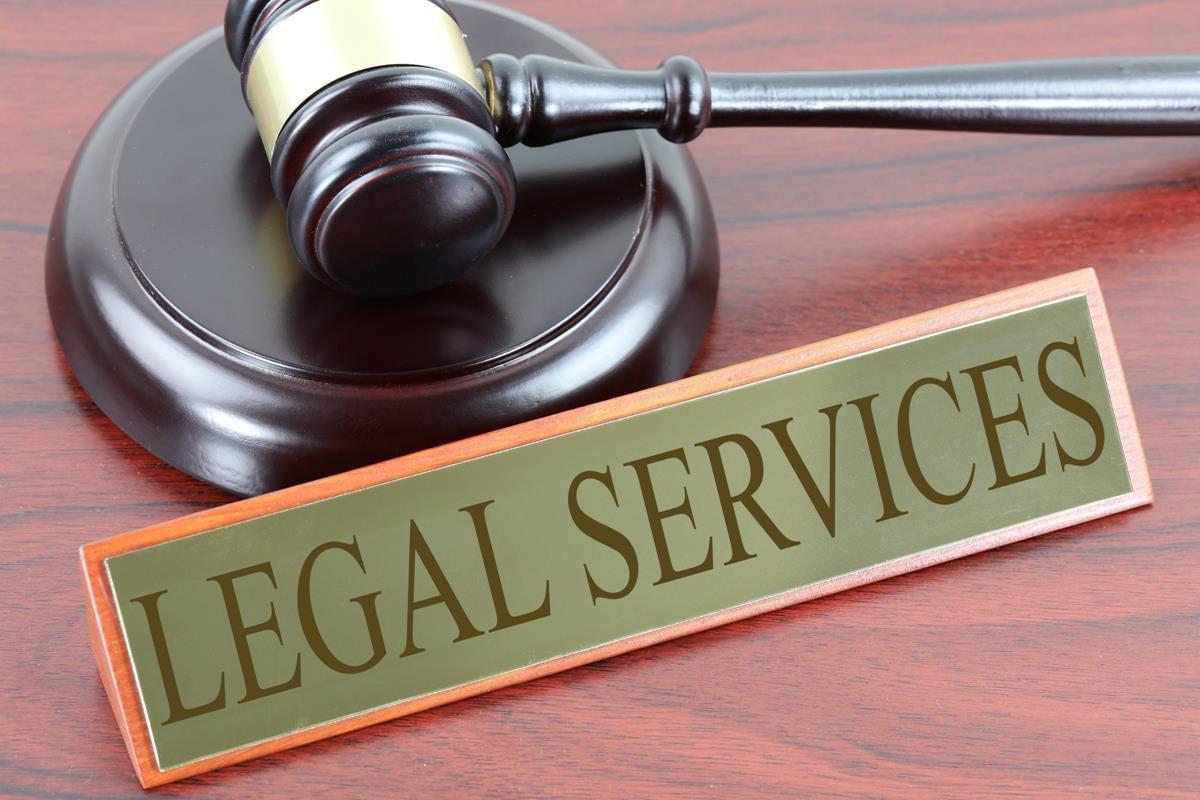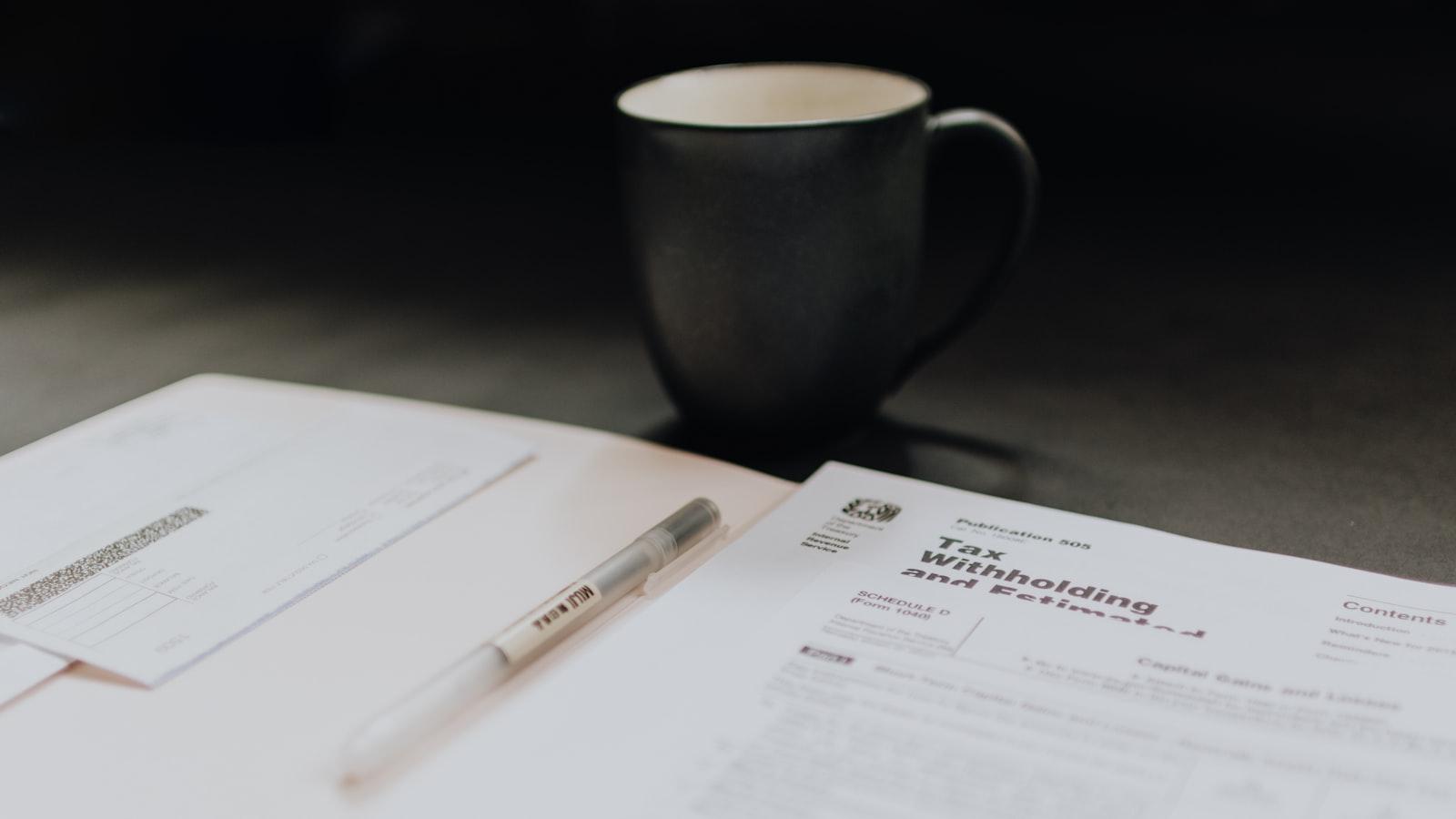As esteemed practitioners in the field of estate planning, our firm at Morgan Legal Group regularly counsels clients on the intricate nuances of trust arrangements. While placing one’s house in trust may appear to offer a sense of security and control over one’s assets, it is imperative for individuals to be cognizant of the potential disadvantages that may arise from such a decision. In this article, we shall delve into the implications of entrusting your home to a trust, shedding light on the pitfalls that individuals should be wary of in safeguarding their estate.
The Legal Implications of Placing Your Home in Trust
Placing your home in trust can have significant advantages, but it is also important to consider the potential disadvantages. One major disadvantage is the loss of control over the property. When you transfer ownership of your home to a trust, you are giving up the ability to make decisions about the property without the approval of the trustees. This can be a concern for some individuals who value independence and autonomy in managing their home.
Another disadvantage of putting your house in trust is the cost associated with setting up and maintaining the trust. There are legal fees involved in creating the trust, as well as ongoing administrative costs. In addition, transferring ownership of the property to a trust may have tax implications, including potential capital gains taxes. It is important to consult with a qualified estate planning attorney to fully understand the financial implications of placing your home in trust.

Potential Limitations on Your Control and Flexibility
When putting your house in trust, it is important to consider the . One major disadvantage is that once your house is in a trust, you no longer own it personally. Instead, the trust owns the property, and you must follow the terms laid out in the trust document. This means that you may lose some control over how the property is managed and distributed.
Additionally, if you put your house in trust, you may face limitations on your ability to sell or refinance the property. Depending on the terms of the trust, you may need permission from the trustee to make major decisions regarding the property. This lack of flexibility could be a downside if you anticipate needing to make changes to your housing situation in the future.

Tax Implications to Consider Before Transferring Ownership
When considering transferring ownership of your property to a trust, it is crucial to understand the tax implications that may arise. One major disadvantage of putting your house in trust is the potential for negative tax consequences. Here are some tax implications to consider before making this decision:
- Captial Gains Tax: Transferring your property to a trust may trigger capital gains tax if the property has appreciated in value since you purchased it.
- Estate Tax: Depending on the value of your property and other assets, putting your house in trust could impact your estate tax liability.
It is essential to consult with a knowledgeable estate planning attorney to fully understand the tax implications of transferring ownership of your property to a trust. At Morgan Legal Group in New York City, our team can help guide you through the complexities of estate planning, probate, elder law, Wills, and trusts to ensure that you make informed decisions that align with your financial goals and protect your assets.

Protecting Your Home and Family’s Future: Key Considerations for Trust Planning
When considering trust planning for your home and family’s future, there are a number of key considerations to keep in mind. While there are many benefits to putting your house in trust, it is important to also be aware of the potential disadvantages. One disadvantage of putting your house in trust is the loss of control. Once your house is in a trust, you no longer have direct control over it. This can be a disadvantage if you want to make changes to the property, such as renovations or selling.
Another disadvantage of putting your house in trust is the cost associated with setting up and maintaining the trust. Creating a trust can be expensive, and there are ongoing costs associated with managing the trust. Additionally, if you decide to dissolve the trust, there may be fees and taxes involved. It is important to carefully consider these disadvantages before making a decision about putting your house in trust.
Q&A
Q: What are the disadvantages of putting your house in trust?
A: While putting your house in trust can have many benefits, such as avoiding probate and protecting assets, there are also some drawbacks to consider.
Q: What are the potential tax implications of putting your house in trust?
A: Putting your house in trust could potentially have tax consequences, such as capital gains taxes if the house is sold for a profit. Additionally, transferring ownership to a trust could affect property tax exemptions or deductions.
Q: Will putting my house in trust affect my ability to take out a mortgage or refinance?
A: Yes, putting your house in trust could affect your ability to take out a mortgage or refinance. Lenders may be hesitant to approve loans for properties held in trust, as it can complicate the repayment process in the event of default.
Q: Are there any restrictions on how I can use my house if it is in trust?
A: Depending on the terms of the trust, there may be restrictions on how you can use your house. For example, some trusts may limit your ability to make changes to the property or rent it out without approval from the trustees.
Q: Can creditors go after my house if it is in trust?
A: While putting your house in trust can help protect it from creditors, there are some circumstances in which creditors may still be able to access the property, such as if the trust is deemed fraudulent or if debts were incurred before the trust was established.
Future Outlook
In conclusion, while putting your house in trust can offer certain advantages such as avoiding probate and protecting your assets, it also comes with its own set of drawbacks. From limited control over the property to potential tax implications, it’s important to carefully weigh the pros and cons before making a decision. As with any financial or estate planning strategy, seeking the guidance of a qualified professional is essential to ensure that you fully understand the implications and make the best choice for your individual circumstances. Ultimately, the decision to put your house in trust should be made thoughtfully and with a clear understanding of the potential consequences.






